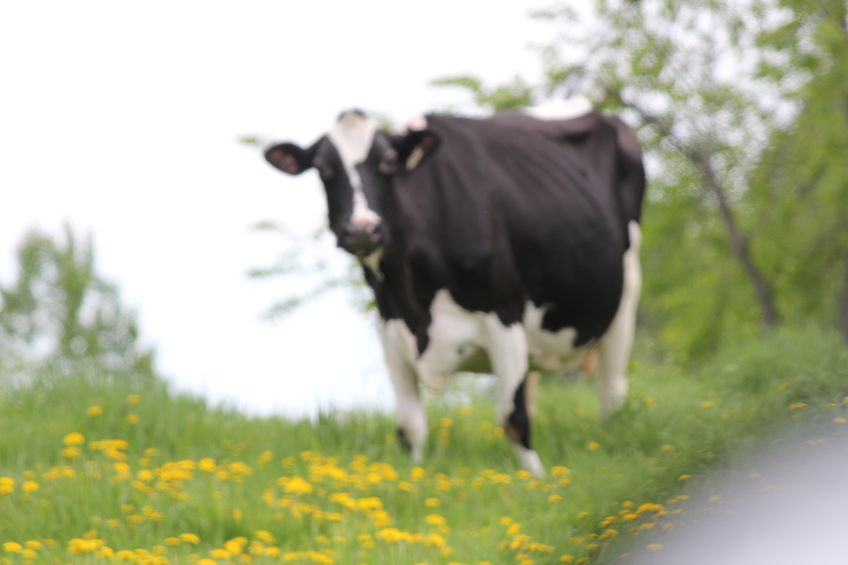
The European Food Safety Authority (EFSA) has published its first EU summary report on the monitoring of Transmissible Spongiform Encephalopathies (TSEs) in cattle, sheep and goats.
According to the report, the number of positive BSE cases has decreased over time, both in terms of absolute number of cases as well as the proportion of cases in tested animals.
TSEs are a group of diseases that affect the brain and nervous system of humans and animals. With the exception of 'Classical' BSE, there is no scientific evidence that other TSEs can be transmitted to humans.
In animals, scrapie is a common disease in sheep and goats. Bovine spongiform encephalopathy (BSE) is also a TSE, affecting a number of species (cattle, human, cats, some types of animals in 300 settings).
BSE is a transmissible, neuro-degenerative fatal brain disease of cattle. The disease has a long incubation period of 4-5 years and it is fatal for cattle within weeks to months of its onset. The nature of the BSE agent is still being debated.
The disease is characterized by a spongy degeneration of the brain with severe and fatal neurological signs and symptoms.
In 2015, 1.4 million bovine animals were tested and five cases were detected in four MS (Ireland: one case; Slovenia: one case; Spain: one case; and the United Kingdom: two cases) and one case was detected in Norway.
The two cases in Ireland and the United Kingdom were affected by classical BSE and both cases were born after the EU-wide feed ban enforced in 2001.
641 cases of scrapie in sheep (out of 319,638 tested) and 1,052 in goats have been reported (out of 135,857 tested) in the EU.
Since 2002, approximately 8.4 million small ruminants have been tested during the EU-wide surveillance for scrapie.
